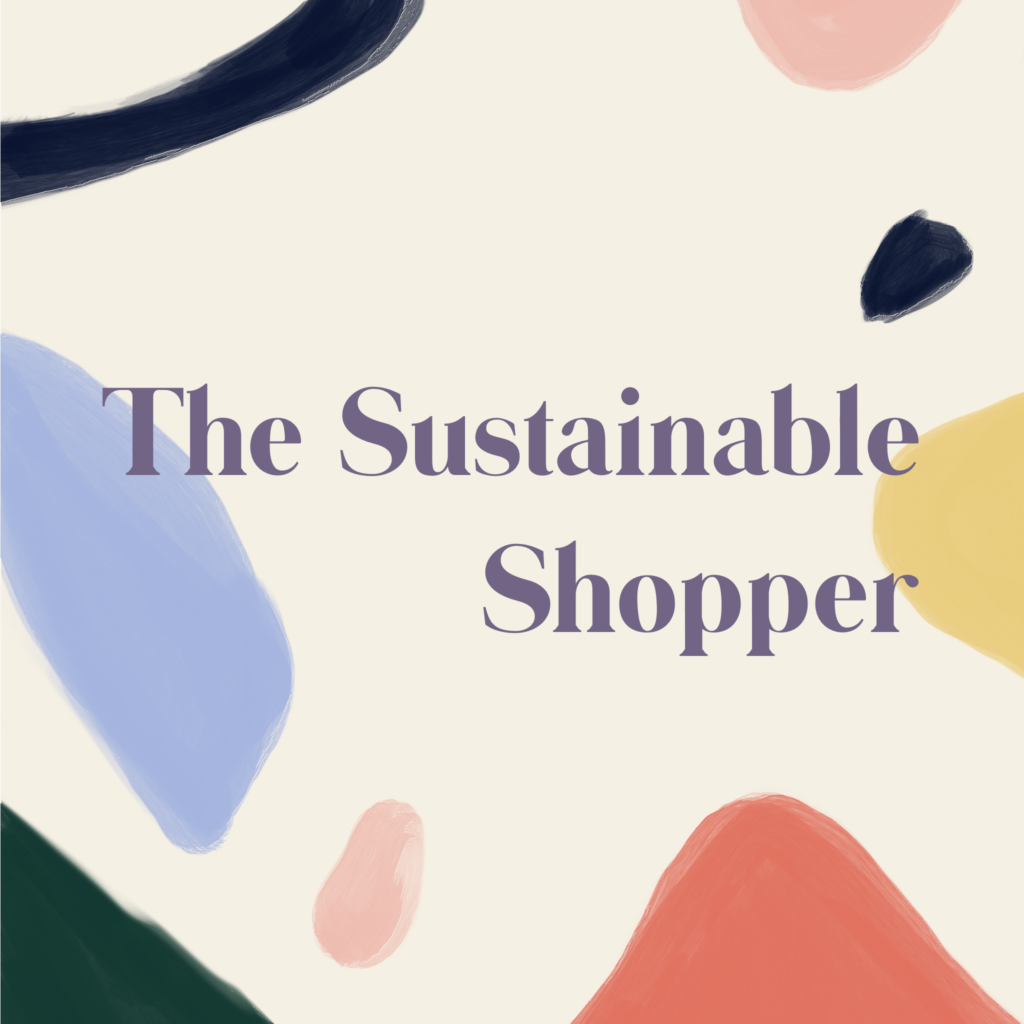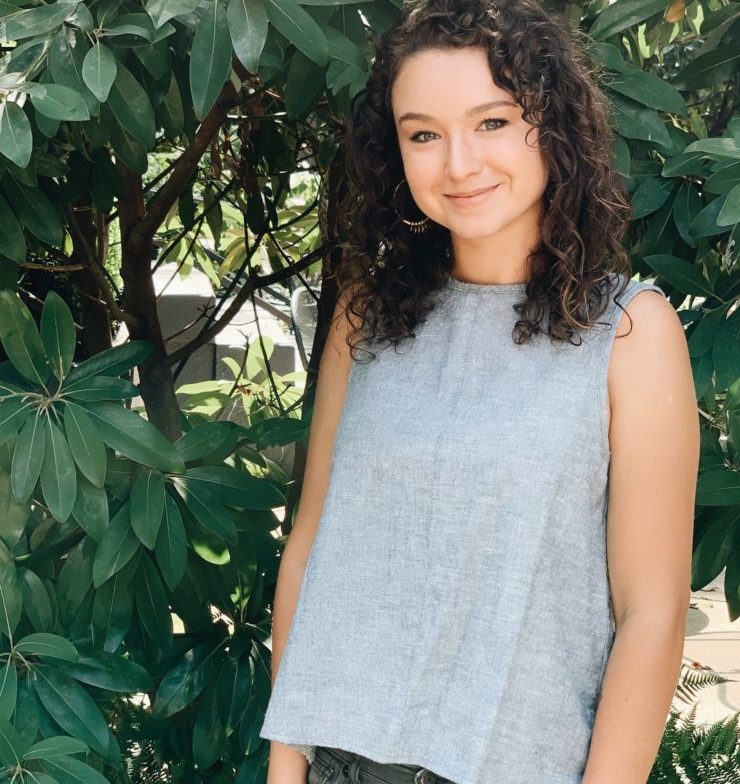“Households have a relatively large degree of control over their consumption, but they often lack accurate and actionable information on how to improve their own environmental performance” (Norwegian University of Science and Technology 2016).
Holding corporations accountable for their actions is important, but so is being an educated consumer. Understanding where and how our products were made is the key to demanding better environmental standards.
What kind of questions should you be asking?
Was my t-shirt made in China? Were the workers paid a fair wage? How many resources—chemical or otherwise—went into making it? How much water did it take to produce the pound of steak my family ate for dinner? Do I dispose of my trash, recycling and food waste properly? Where did my frozen pizza come from and how many resources did it take to get into my freezer? Do I have a home garden to provide for myself, reduce food miles and replenish the earth of nutrients? Do I store my food in a plastic-free reusable container?
All daily lifestyle choices have a direct impact on the environment. Every purchase is a vote for the world we want. So, informed, conscious decisions are key. These small everyday ‘green’ adjustments improve your health, the planet, and in the long run, your wallet. They also alert corporations that progressive environmental standards are something you value, so their supply will match your demand.
Diet
The usual approach to ‘saving the world’ is doing things like taking shorter showers or washing dishes by hand. Surprisingly, the majority of our individual water consumption lays in the products we buy and the food we eat, not showers or limited dishwasher use:
“Consider beef. Producing beef requires lots of water because cows eat grains that need water to grow. But because cows are relatively inefficient in converting grains into the meat that we eat, it takes on average about 4,072 gallons of water to produce two pounds of beef” (Norwegian University of Science and Technology 2016).
Dairy and processed foods are in the same vein. They require massive amounts of energy and water to be grown, manufactured, packaged, and shipped. Replacing just half of your usual meat, dairy and processed foods, with raw, locally grown produce makes a huge difference. Purchase from farmers markets, find independently owned, sustainable companies on Love Local, start a home garden, or maybe have one or two meatless nights a week. Stay informed. Read the daily news on companies actively changing their environmental policies and support them.
Avoid Fast Fashion
You don’t need to be wasteful to be fashionable. Avoid impulse buys. Buy timeless pieces. Buy pieces you can alter or repurpose once the ‘new’ appeal has worn off. Search for organic or plant-based textiles, they can be composted. Buy secondhand, take advantage of thrift stores, vintage shops, or the back of your mother’s closet. Find brands that are making sophisticated, fresh looks from old textiles, like the new collection from Nashville fashion designer, Andrew Gallivan (@andrew_gallivan).
Waste
Of course, as always, the first rule is re-using what you have before throwing away or recycling. But when buying new, carefully choose what you purchase. You’re not only buying the product, you’re also getting the packaging it comes in. Buying less means buying less trash. Your empty iced coffee cup, the packaging your plastic toothbrush comes in, the plastic toothbrush itself, the empty shampoo bottle, etc.
Try traveling with your own coffee cup, using bamboo toothbrushes and composting them, a package-free shampoo bar instead of a bottle, an old small cloth instead of a plastic wrapped package of disposable sponges. An added bonus, usually companies who create sustainable products utilize eco-friendly packaging or no packaging at all.
Reduce. Reuse. Then Recycle or Compost it.
In a world where we are relentlessly bombarded with advertisements but given limited information on where and how products are made, doing research on every company seems like a long and annoying job. Love Local features thousands of independent, small businesses who are doing good things for people and the planet. We’ve done the research, making it easy for you to shop smart and save the world.
Norwegian University of Science and Technology 2016 quotes taken from: https://www.sciencedaily.com/releases/2016/02/160224132923.htm



